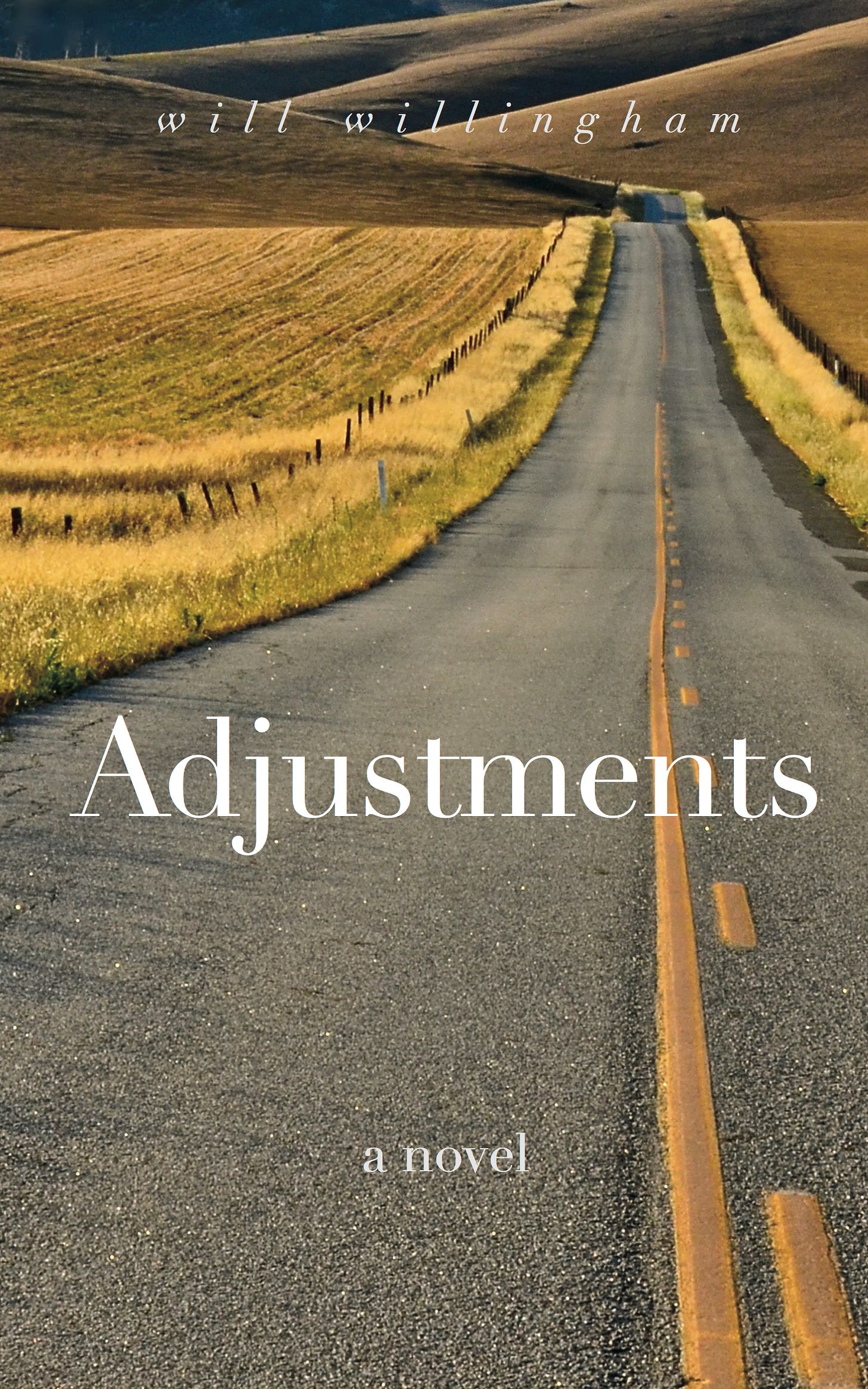We’re sharing a book club that was once hosted by now-author Will Willingham.
A few things have changed in Will’s life since he first led us in
reading Ordinary Genius. But poetry is not one of them…
My entry into poetry did not happen in a night. Oh, sure. It may look that way. One day I was calling poetry “cryptic nonsense” and practically the next, posting a lengthy poem on Facebook about lumberjacks, kitchen knives, Twinkies, and the persuasive powers of semi-colon eyelashes. Now, she’ll never take the credit for it—no, she’ll tell you it was something I must have needed to do. But L.L. Barkat, the managing editor around these parts, has a gentle way of incremental invitation that is difficult to resist.
While she might point out a favorite French expression, petit à petit, l’oiseau fait son nid (little by little the bird makes its nest), as a professional negotiator I saw a pattern, whether intentional or not, in her disarming approach that seemed to mirror an age-old negotiation technique known as Slicing the Salami. In its practice, one achieves the whole not by asking for a massive, impossible move from the other side of the table, but by slicing off one small piece at a time until the whole stick is given. Or perhaps in my case, received.
I suggested as much to her one day, but it was agreed that her approach is less slicing and more folding and unfolding, rather like origami. Like this, I said:
Origami
She plies cold cuts
without slicing,
presses a crease
into a bent wing.
Now the crane
lifts away with
my sandwich
wrapped
in red-backed
washi.
However it was that I got here, one thing is clear: poetry gives me something I deeply need. A few months ago after reading a particular poem (I’ve now forgotten which), I complained quite bitterly that for so many years I’d cut myself off from these words that have long existed and seem to explain my very soul. Yet I’d never known them or dared call them my own.
In this week’s reading from Ordinary Genius, Kim Addonizio recounts her own discovery of poetry.
It didn’t matter that I didn’t know how to write poems yet. I had discovered the thing that I wanted to keep close to me for the rest of my life, and if I did that, my tutelary spirit would watch over me, would teach me what I needed to know. This is your genius: your profound desire to write. Your love of words and language, your attempt to get to what poet Donald Hall called “the unsayable said.” …Forget wondering, Am I good enough? Can I do this? The only thing you really need to ask yourself is: Is writing my genius? If it is, then apprentice yourself.
It’s easy enough to be unrealistic about what we can do, or discouraged when it seems harder than we expected. Addonizio assures us that it will be work.
Did you think writing great, or even good, poems would be easy? What feeling of accomplishment would you get from doing what is easy, what anyone can do without trying? Athletes train relentlessly… Dancers attend class every day… Actors memorize thousands of words… If you thought poetry was different, this is your wake-up call. Poetry is a bitch. It wants your energy, your intelligence, your spirit, your time.
In return for what poetry gives me, I’ll gladly give her those things, a single thin slice at a time.
~
As a beginning poet, line breaks are one of my greatest challenges. Addonizio devotes a chapter of this first section to lines and rhythm, one I’ll be going back and spending even more time with. She suggests in one exercise to “take a poem you’ve written in conventional left-margin lines and explode it onto the page” using a variety of techniques. I played around a little with my Origami poem above.
For starters, I made a small change to the first two lines, for an interesting turn of thought between “cold cuts” and “cuts without slicing”:
She plies cold
cuts without slicing,
presses a crease
into a bent wing.
Now the crane lifts
away with
my sandwich
wrapped
in red-backed
washi.
Another option would be to play with the spacing, creating “white matter” between the words. It’s not perfect, but I left a space after “presses” to give the sense of the action of placing the crease in the paper, and the jagged spacing of the next two lines hopes to work with the shape of the origami folds.
She plies cold
cuts without slicing,
presses a crease
into a
bent wing.
Now the crane lifts away
with my sandwich wrapped
in red-backed washi.
~
Now it’s your turn. How do you determine your line breaks? Do you write first in prose, then break into lines, or do you compose line by line? Heck, you can even play with rebreaking the lines in my poem in the comments if you’d like. Perhaps you’d share your poem(s) in the comment box. If you post at your own blog, please include the link in the comments as well as we can share with you.
Adjustments: A Novel by Will Willingham
Photo by Ms. Uppy, Creative Commons, via Unsplash. Post by Will Willingham.








"the unsayable said"